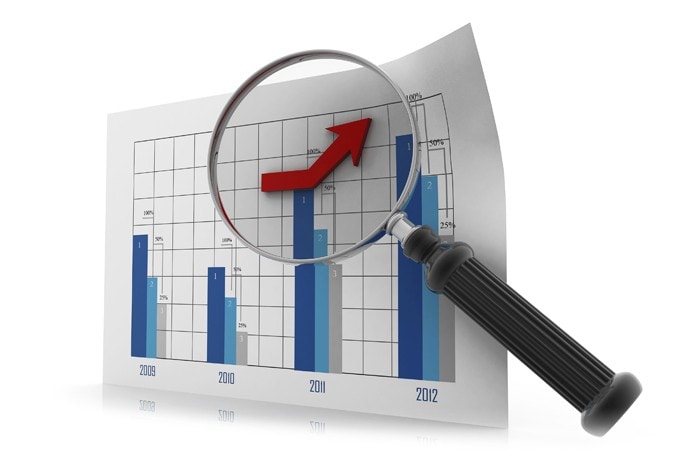The Future of Utilities
2015 is a year heavily entrenched in disruptive economic activity. Across markets we’re seeing upstarts and consumer paradigm shifts erode established businesses at varying rates while at the same time providing a sense of economic empowerment to eager participants. With Airbnb making its impact on the hotel industry, Uber on taxis, limos and rental vehicles, and Netflix on traditional cable providers, some might say that it’s only a matter of time before other service providers face similar competitive pressures. Afterall, what are the chances that the “cord cutting” trends in the cable industry will be paralleled in the utilities space?
At first blush, power cord cutting seems like phenomenon that would only interest fringe environmentalists and cottagers, looking for a clean way to store their renewably harvested energy. However, there’s a cultural shift afoot among younger and older generations. We’d be remiss to think that the current business model for utilities is too big to fail. Being “green and independent” is becoming cool as cutting edge and trendy tech providers are getting into the game and making a lot of noise with the potential to seriously disrupt the status quo.
Tesla is making energy sexy with their electric cars, Powerwall and exuberant CEO, Elon Musk, who appears to be the real life embodiment of Tony Stark.
Andrew Bowden
Field Marketing Manager
SAS Canada
Tesla is making energy sexy with their electric cars, Powerwall and exuberant CEO, Elon Musk, who appears to be the real life embodiment of Tony Stark. Technologies like Nest are empowering consumers to automate their energy usage. And wearables are increasing the average person’s knowledge of data tracking and reporting. The connected home is here, and as it gets smarter there’s a good chance it will disconnect itself from the grid.
What the future of utilities really comes down to is a matter of choice. Should utilities forge ahead, ignoring the shifting patterns in the wind? Or harness them and become those agents of change? The latter comes down to embracing new technologies, operating models, and of course exploiting big data and analytics. It’s here where big data produced by The Internet of Things and customer data can be transformed with analytics – think beyond BI and reporting. The possibilities here for creating an “intelligent enterprise” and streamlining business functions are abound as outputs could be used to:
-Influence consumer behaviour to adjust rate patterns.
-Predict system faults based on equipment behaviour patterns rather than threshold alerts.
-Identify power theft to mitigate revenue leakage and improve forecasts.
-Drive analytic centres of excellence whose purpose is to drive innovation from data insights whether they be related to new products and programs, or driving operational efficiencies.
There’s a new need to be perceived as relevant and not just perceived as a service that keeps the lights on. Take BC Hydro who is using analytics to crack down on power fraud by pot growers. According to Elizabeth Fletcher, deputy director of the Smart Metering and Infrastructure Program at the Canadian utility, analytics is helping achieve a 75 percent reduction in electrical theft by monitoring discrepancies in voltage patterns.
The aforementioned is one example of how the utility industry has adopted analytics as a way to make more informed decisions to drive efficiencies, but the possibilities are truly endless. The data deluge represents real opportunities for utilities whether it be detecting power fraud or enhancing the way they understand their customers and many are asking how they can make the most of their data. We’d love to hear your feedback at The Future of Canada’s Utilities Conference taking place from June 16 – 17 in Toronto where SAS will be moderating industry roundtable discussions on Customer Experience, Analytics and the grid, and Data Management.
CLICK HERE to learn more about the conference and use the code SAS20 for a 20% registration discount.
Andrew Bowden is Field Marketing Manager for SAS Canada. Andrew tweets at @bowdenan and can be emailed at andrew.bowden@SAS.com.
